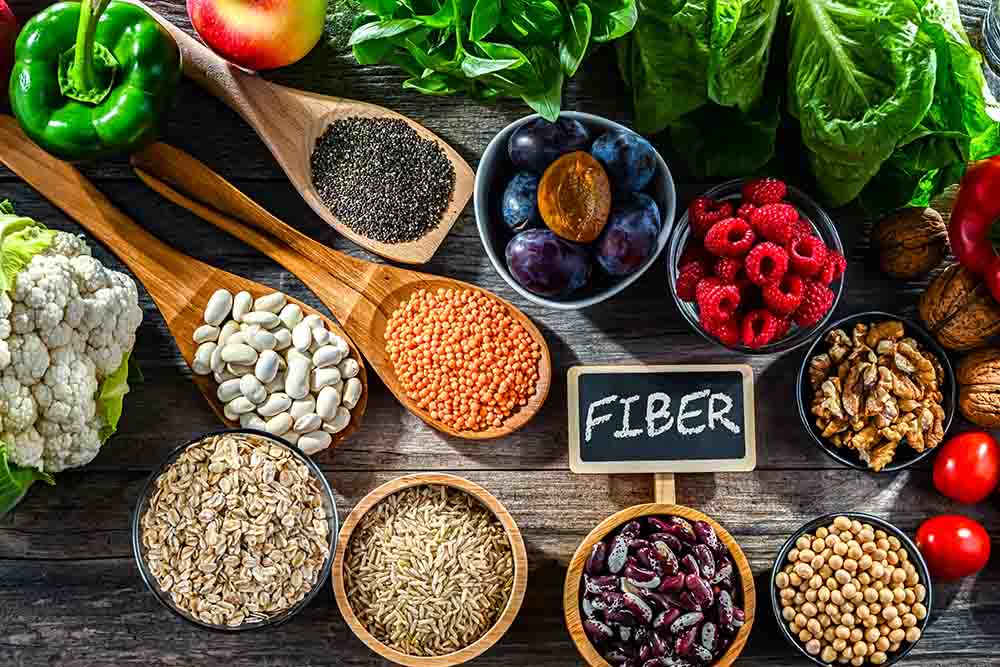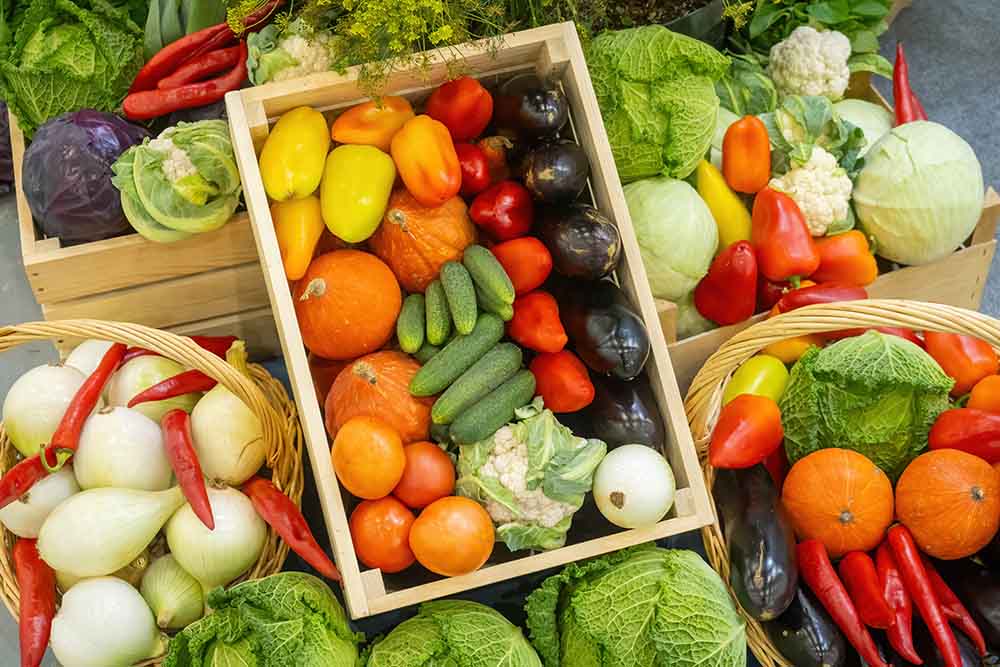Do you want to change the way you eat, but are unsure where to begin? A well-balanced diet gives your body all the vital nutrients it needs for development, healing, and maintenance in the right amounts. Vegetables, fruits, grains, dairy products, and protein are all components of a well-rounded and balanced diet. For the body to be healthy and function properly, one must consume a combination of nutrients - carbohydrates, proteins, fibre, fats, vitamins, and minerals.

A balanced diet includes lipids, proteins, and carbohydrates in the following proportions: 50–60 per cent, 12–20 per cent, and 30 per cent respectively. Foods like fruits, vegetables, grains, dairy products, lentils, eggs, fish and meat should be a part of your diet. A balanced diet is especially important for children, in order to support healthy growth and development. To make sure your body receives all the nutrients it needs, it’s crucial to plan your diet and include a range of foods.
So, let’s begin this path to a happier and healthier version of ourselves!
Physical well-being: A balanced diet helps to maintain a healthy weight, reducing the risk of chronic illnesses like diabetes, heart disease, and certain cancers, and enhancing immune system performance.
Enhanced vitality: A well-balanced diet provides the body with the nutrition it needs to perform at its peak, which boosts vitality and increases output.
Improved digestion: A diet rich in fibre can enhance gut health, lessen bloating and constipation, and improve digestion.
Robust teeth and bones: Strong bones and teeth are developed and maintained with a diet rich in calcium, magnesium, and vitamin D.

Better skin health: A nutritious diet rich in fruits, vegetables, and good fats can help to enhance skin health by lowering the risk of acne, early ageing, and other skin disorders.

Better mental health: A balanced diet can have a positive effect on mental health by lowering the risk of anxiety, depression, and cognitive loss.
Eat a variety of meals from all food categories in the proper amounts to give your body the nutrients and energy it needs. These pointers can assist you:

Add a range of vegetables and fruits: Try to eat five or more servings of fruits and vegetables every day.
Consume whole grains: Instead of processed carbohydrates, opt for whole-grain bread, brown rice, quinoa, and oats.
Incorporate foods high in protein: Select fowl, fish, beans, lentils, nuts, seeds, and lean meat.
Here are some common blunders to avoid when focusing on a balanced diet.
Skipping meals: Although skipping meals might seem like a smart way to save calories, it can instead result in overeating and bad food choices later in the day.
Over-reliance on processed foods: The majority of processed foods are heavy in calories, carbohydrates, and bad fats, all of which can lead to weight gain, weight loss, and other negative health effects.
Overconsumption of trans and saturated fats: Trans and saturated fats can raise cholesterol levels and increase the risk of heart disease. Try to minimise your consumption of items like red meat, fried dishes, and baked products that are high in saturated and trans fats.